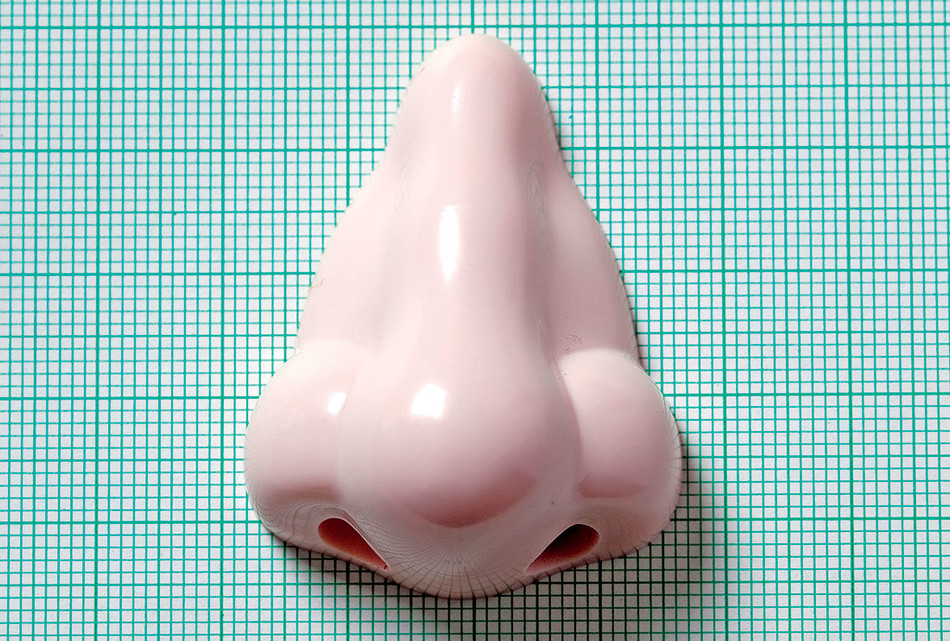From the start of the pandemic, one of COVID-19’s most distinctive symptoms, anosmia — the loss of smell — has puzzled scientists. Olfactory nerve cells lack the protruding surface proteins that the SARS-CoV-2 virus latches onto. How could the virus disable our sense of smell if not by invading the very cells responsible for it?
Now a group of nineteen scientists from across Columbia and several other research institutions have solved this mystery. Their research shows that although the coronavirus does not attack olfactory neurons directly, it can provoke such a powerful inflammatory response in the respiratory tract that the cells shut down. Specifically, the researchers revealed that the immune system provokes a firestorm of molecular chaos that can damage the DNA of these cells, hampering their ability to detect odors and relay messages to the brain.
“Inside of these neurons, chromosomes must arrange themselves into complex physical shapes to do their work,” says Marianna Zazhytska, a postdoctoral fellow at Columbia’s Zuckerman Institute and one of the paper’s authors. “But when the body is fighting COVID-19, this fragile nuclear architecture crumbles.”
The new study, which appears in the journal Cell, is only the latest to demonstrate that an overzealous immune response is responsible for much of COVID-19’s physiological damage, with earlier studies having shown that cells in the lung, heart, kidneys, and other organs are often destroyed not by the coronavirus itself but by inflammation. The Columbia scientists say that their study, which is one of the first to show how neurons can be damaged by COVID-19, could lay the groundwork for understanding and treating other neurological symptoms of the disease, like the mysterious brain fog that afflicts some people for weeks or months after getting the virus.
Stavros Lomvardas ’02GSAS, a professor of neuroscience at the Zuckerman Institute and the study’s principal investigator, says that this research could even have implications beyond COVID-19. He and his colleagues, who include several medical researchers under the direction of Columbia surgeon Jonathan Overdevest, are now investigating whether the type of genetic damage to olfactory cells observed in COVID-19 patients may also be present, in subtler form, in people with other conditions that involve widespread neuronal degeneration, like Alzheimer’s disease.
“We suspect that a deteriorating sense of smell could potentially serve as an early-warning sign for a variety of neurodegenerative disorders,” Lomvardas says.



